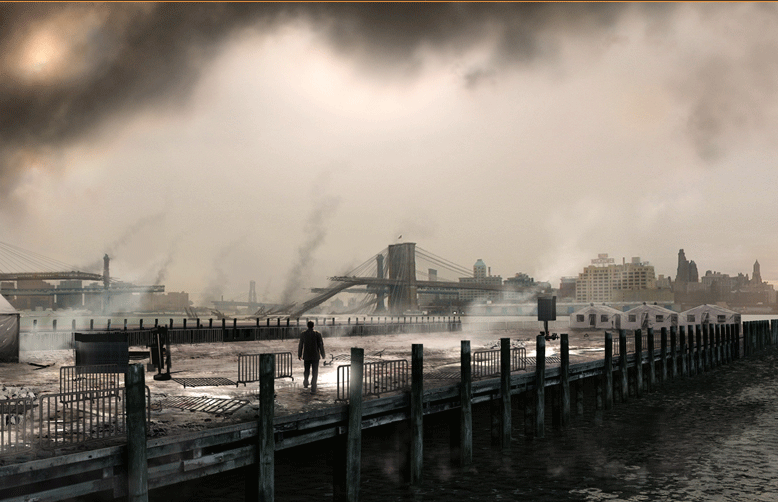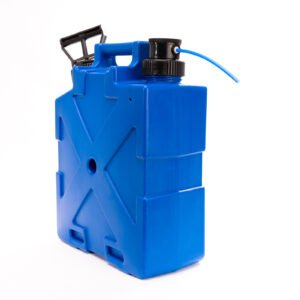Minimize harm by making sure you’ve got the basics covered
If your home is susceptible to a particular kind of disaster, you’ll want to have all the emergency essentials ready. Although emergency supplies and good disaster management can’t provide failsafe protection against disasters, they can minimize harm to you, your family, and your home.
No matter where you live, to minimize any disaster’s harm, it is vital to have a decent emergency survival kit stored in an accessible place in case you need to evacuate.
The generic emergency essentials are clean drinking water (at least two liters per person), sanitary products, important documents (insurance papers, passports, birth certificates, etc.), torches and spare batteries, entertainment, fuel for the car, cash, food, first-aid and basic camping supplies. Some people may also require prescription medications, baby supplies, or pet food.
Hygiene is the #1 cause of Gastro
Also, consider your house’s structural integrity regardless of what disasters are most common in your area. If the house is old and likely to be quickly affected by a disaster, plan to evacuate rather than stay inside. Remove any flammable items from the immediate vicinity of your house, and trim any overhanging branches that could fall onto your house in an emergency.
Regardless of where you live, everyone needs to have the emergency essentials for fire safety. There are different emergency essentials if you live in an area prone to hurricanes, cyclones, floods, or heavy thunderstorms.
Did you know nearly 96% of people suffer from Gastro in their life
To minimize harm in an emergency, make sure you have got the following emergency essentials covered:
- Fire alarms: Yes, they’re a total pain when you burn the toast, but they could save your life. Ensure you have good, working fire alarms with sufficient batteries fitted into every room in your house.
- Fire extinguisher: A fire extinguisher mounted onto a wall in the kitchen or lounge-room. Fires often occur during other emergencies, such as hurricanes and cyclones.
- High-pressure hose: Access to water is essential, as you may need to stave off the fire for several hours before the emergency services arrive.
- Communication: A battery-operated radio, a telephone, and a laptop are good ways of keeping in touch with how the emergency is progressing and can help you to make decisions about whether or not to evacuate your home. A whistle is also a good idea.
- Secure possessions: To minimize harm during most disasters, it is a good idea to secure any sharp or heavy objects to the house itself and avoid storing them in high places.
- Evacuation plan: Know your escape routes and have a meeting place away from the house. Make sure the entire family knows your emergency plan.
- Minimize harm by installing fire-resistant walls, chopping down tall trees, and keeping your gutters clean.
Check with your local emergency services team to see any specific emergency essentials for your area.




